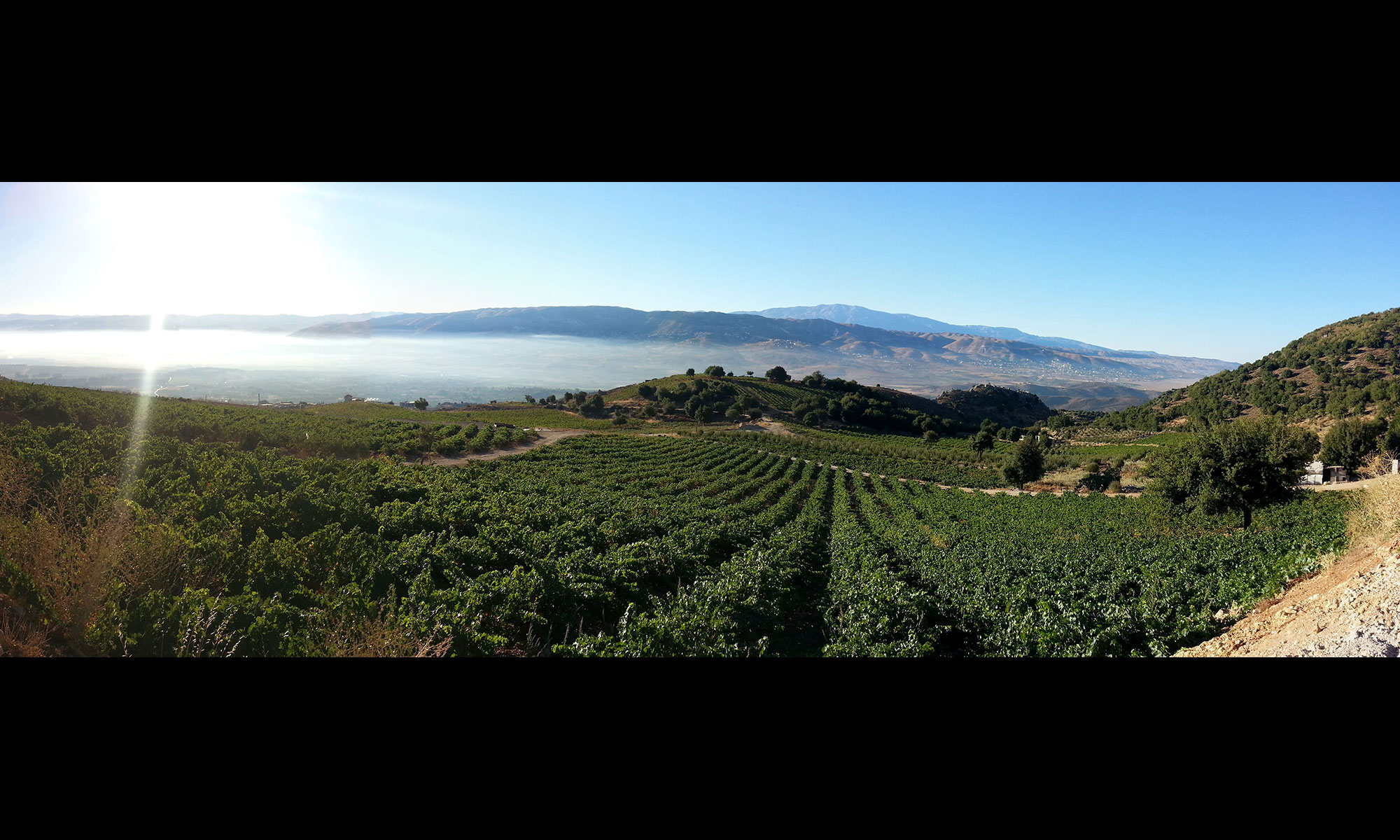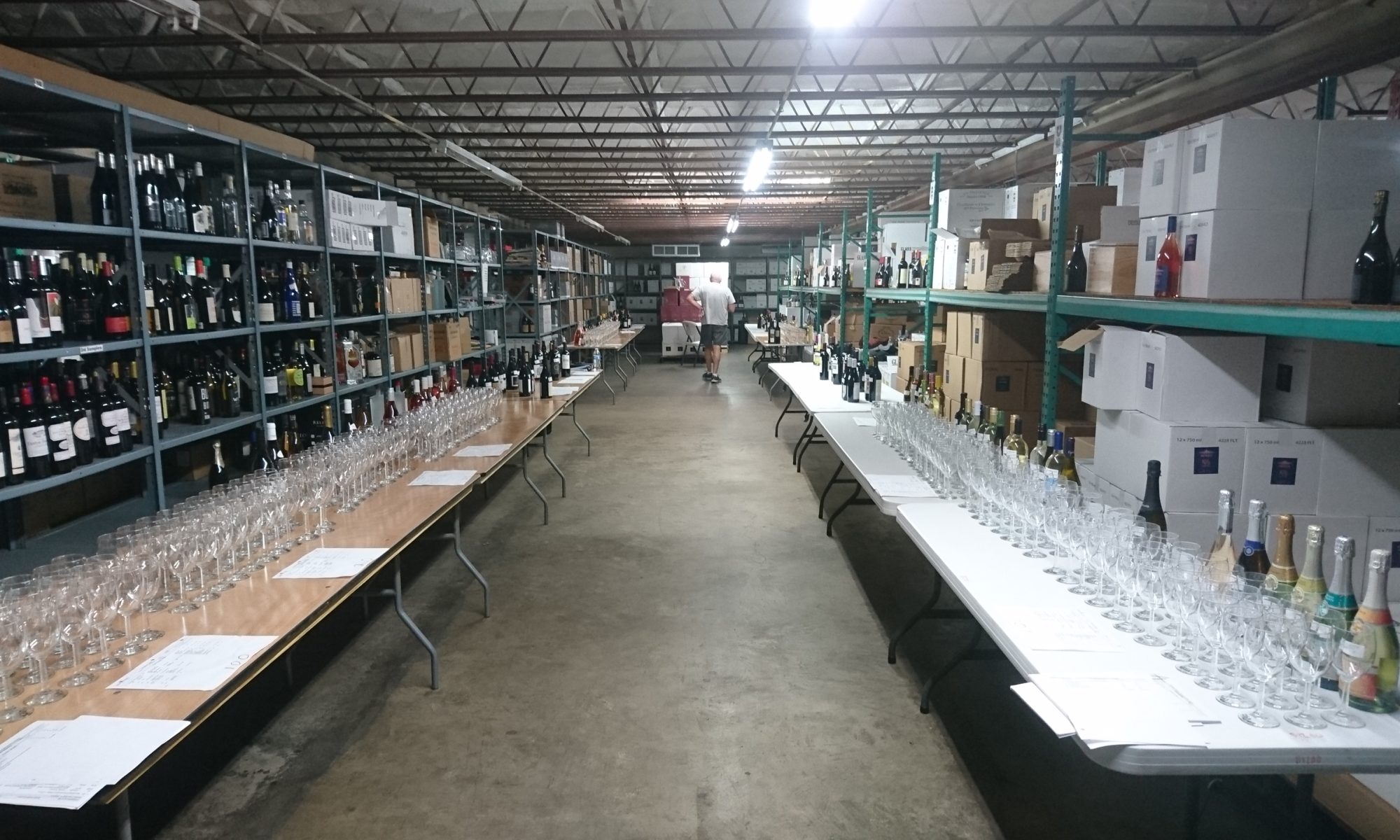Many people I’ve spoken with start their wine conversation with something along the lines of “I’m not a professional” or “I’m just an amateur” and my response is always that it really doesn’t matter. Everyone is equipped with a mouth, taste buds, olfactory receptors, and a brain to process the sensory data. Are some people better than others at identifying aromas and flavors? Maybe. Arguably, it’s just a matter of training. But does it really matter in the end? I don’t think so.
Many experiments have been undertaken that show that most people can’t tell the difference between a $2 plonk wine and a $100 Grand Cru Classé when tasted blind. But an experiment started in 2005 by a US winemaker tested the judges at one of California’s oldest and well-respected competition: the California State Fair wine competition. These judges consist of wine professionals: oenologists, academics, sommeliers, winemakers and so on. Essentially, judges would taste entered wines as usual, but some wines would be offered to the judges three times (from the same bottle) without their knowledge. The scores of the triple-tasted wines would then be analyzed to determine whether the scoring was statistically significant, and it proved dire for the judges: Only about 10% of the judges were consistent, and even they were consistent one year but not necessarily the next. The experimenter goes on to state that even if some individual tasters are exceptional in their ability to taste and judge a wine, when they are presented with 100 wines, the sheer number is overwhelming and effectively negates their ability.
So what is that makes wine so difficult to judge blindly? In short, it is the immense complexity of it. An analysis done by Dr. Bryce Rankine, an Australian oenologist, revealed that wine contains 27 distinct organic acids, 24 types of alcohol, over 80 esters and aldehydes, and a long list of vitamins and minerals to rival that of a multi-vitamin pill. All of these and more play a role in shaping a wine’s flavor profile. But, at the most basic level, people can evaluate wines based on the balance between three qualities: sweetness, sourness, and bitterness. Think of these as the structure (canvas) on which the shapes and colors (the wine’s flavors) are painted. Just as primary colors can be mixed to create a wide range of colors in a painting, the vast number of aromatic compounds in various concentrations play a role in characterizing a particular wine’s aromatic profile, and to complicate things further, different people have different detection thresholds to any one of those aromatic compounds. I may be more sensitive to TCA (trichloroanisole – the compound responsible for cork taint) than a colleague and will detect it at smaller concentrations, whereas she could be more sensitive to linalool, a monoterpene that is largely responsible for a wine’s flowery or citrus character. All this to simply say that, just as one’s appreciation of a work of art is largely subjective, the same can be said about one’s appreciation of wine.
Dr. James Hutchinson, a wine expert at the Royal Society of Chemistry, says that human beings’ olfactory system has the complexity in place in terms of receptors to identify the majority of wine aromas, but the brain is not always up to the task. This implies that with training and experience, one can more easily identify and judge a wine’s aromatic profile. But physiologically the aromas are being detected, and the brain can probably process the overwhelming sensory experience and distill it into a simple response: I like, or I dislike. And that, my friends, is all that matters in the end when you taste a wine. It even supersedes what a “professional” might tell you. Taste it, if you like it, drink it again. If you don’t, leave it be, but don’t necessarily criticize it. In this context, and barring any obviously faulty or poorly-made wine, there are no bad wines. There are simply wines that are better suited to some people than others. Have fun exploring the excruciatingly large world of wine and finding the ones that tickle your fancy!



Even though I’m also “not a professional” … I would like to participate in wine tasting event.
Request you to kindly inform me regarding any event.
Thanking you in advance.
Rabih Annan.
Hi Rabih, thanks for your comment 🙂 I’ve added your email address to our mailing list, you will be notified when we hold tastings of our wines open to the public.
Cheers!